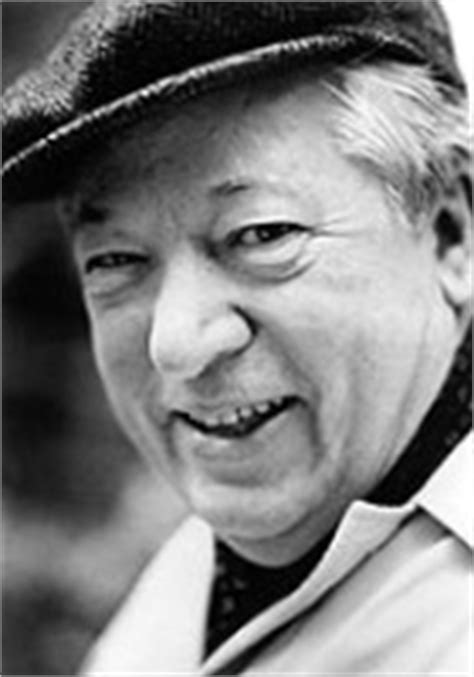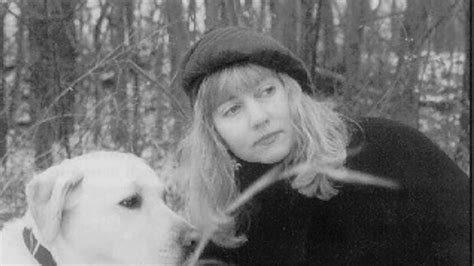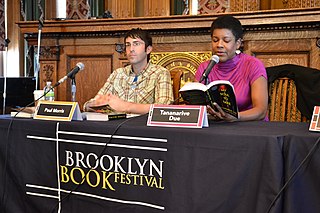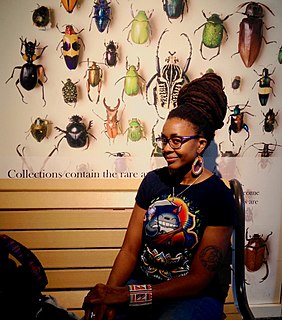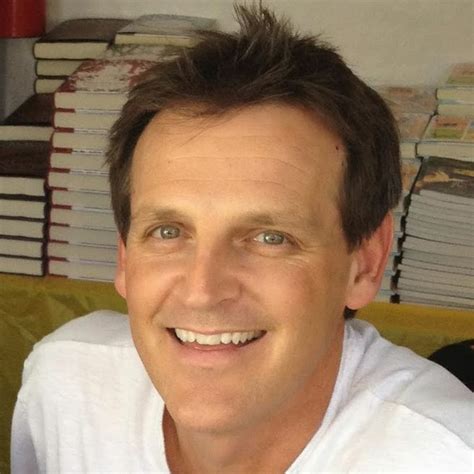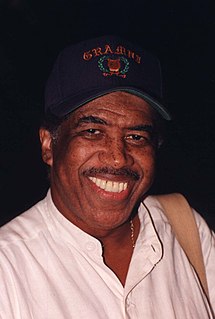A Quote by Stephen King
I have spent a good many years since?too many, I think?being ashamed about what I write. I think I was forty before I realized that almost every writer of fiction or poetry who has ever published a line has been accused by someone of wasting his or her God-given talent. If you write (or paint or dance or sculpt or sing, I suppose), someone will try to make you feel lousy about it, that's all.
Quote Topics
Related Quotes
Any negative review you write, they'll say, "Oh, you're being so mean." I think the problem with a lot of criticism is that too many critics either write just description or they write in a Mandarin jargon that only a handful of people can understand, or they write happy criticis - everything is good that they write about. I think that's really not good. I think it's damaged a lot of our critical voices.
A lot of people think they can write poetry, and many do, because they can figure out how to line up the words or make certain sounds rhyme or just imitate the other poets they've read. But this boy, he's the real poet, because when he tries to put on paper what he's seen with his heart, he will believe deep down that there are no good words for it, no words can do it, and at that moment he will have begun to write poetry.
People get inspired to write, paint, draw, sing, sculpt, dance in many different ways. And there are many types of art. But the one thing that they all have in common is that they are all a sort of magic. Sometimes the magic flows from one’s fingers, other times it is transferred to the person who experiences the result. Magic has always worked in mysterious ways.
There are things that I really find important, and that we need to remind ourselves of. When you think about disability, do you really think about it? Someone who's a full-time trainer or a boxer, someone who's got a major disability, but who doesn't let that get in his way, that's a really good message for someone who is able-bodied. It can make them think, 'Wow, I suppose I could be doing better for myself.'
I never learned to be a writer. I never took screenwriting courses. I never read anyone's scripts. As a writer, my only guiding principle has been to write about things that scare me, write about things that make me feel vulnerable, write about things that will expose my deepest fears, so that's how I write.
For years following the death of my mother, I wanted to write about her. I started writing what I thought of as personal essays about growing up as her child, but I never could finish any of them. I think I was too close to that loss, and too eager to try and resolve things, to make her death make sense.
[A writer] must try to think clearly, to feel deeply, to write honestly. If he is fortunate he will make a living, but his work will never be anymore essentially clear and deep and honest than he himself is, and he will be judged finally not for how many copies his books have sold, but for what they have done to enrich the lives of their readers, now and in time to come.
I think that the song, the song "Stand By Me" is one of those songs that... and someone asked me, what was you thinking about or what was you feeling about? It's something that, songwriters just write songs. It's like an artist that paints. They paint what they feel. It's not, it's not about how many of these painting I'll sell it's just how they feel at the moment. And that's how I wrote "Stand By Me".
I write fiction longhand. That's not so much about rejecting technology as being unable to write fiction on a computer for some reason. I don't think I would write it on a typewriter either. I write in a very blind gut instinctive way. It just doesn't feel right. There's a physical connection. And then in nonfiction that's not the case at all. I can't even imagine writing nonfiction by hand.

